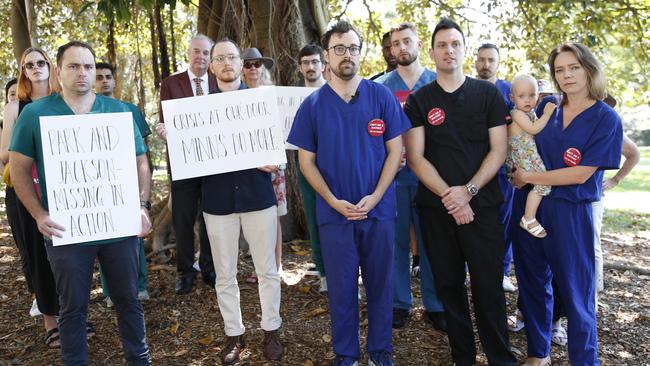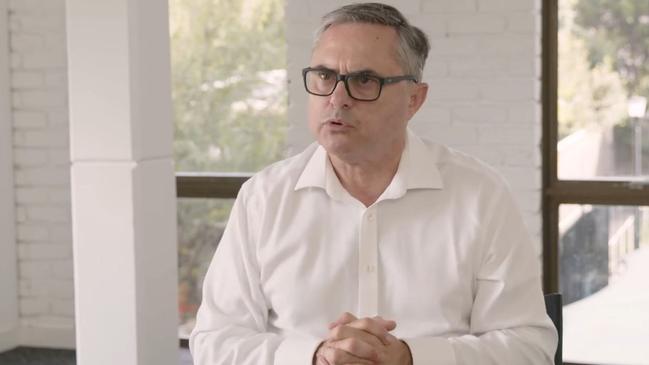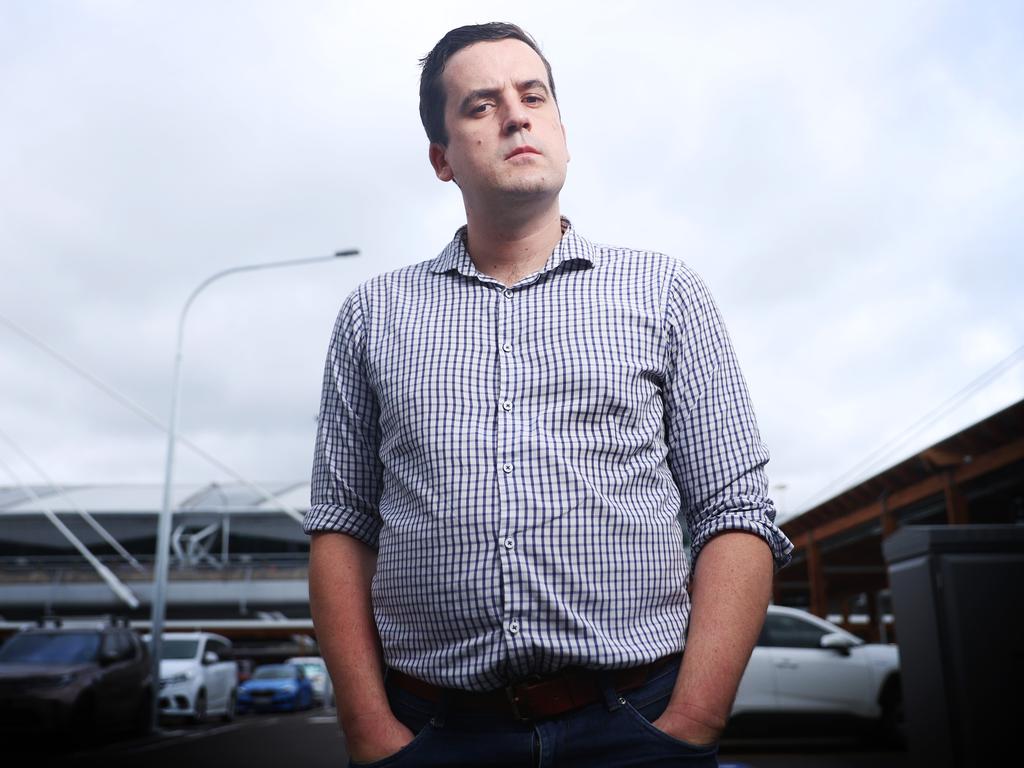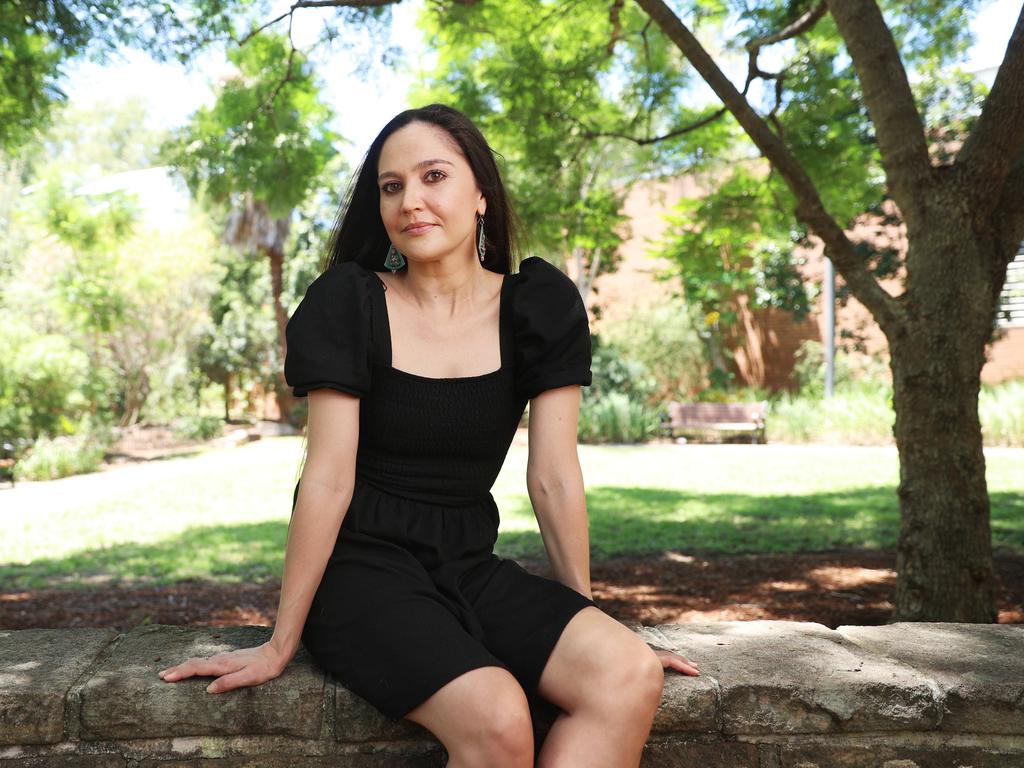Mass psychiatry resignations to hit eating disorder clinics, palliative care and transplant services
Psychiatrists serve patients in public hospitals across the gamut of conditions from surgery to transplants to palliative care – all are about to be hit by the NSW mental health system crisis.

Patients in need of psychiatric care across the breadth of public hospitals are set to be hit by the collapse of the mental health system, with many patients undergoing a wide variety of surgeries, transplants, those being treated for eating disorders, palliative care patients experiencing psychiatric distress, and those being treated in HIV and specialist rheumatology clinics all set to face reduced access to specialist doctors.
Specialist clinicians known as consultant liaison psychiatrists provide services to patients across a hospital, and care for patients being treated for physical conditions who may be suspected of experiencing a psychiatric disorder as well as those with chronic mental conditions who may be undergoing surgery or other therapies.
A large cohort of these doctors are understood to have resigned amid a protracted dispute with the NSW government, as part of a wider group of 201 psychiatrists who have quit.
Hospitals are scrambling to secure replacement visiting medical officers and locums.
“I literally think this is a disaster,” says Chris Ryan, a senior consultant liaison psychiatrist and adjunct professor at the University of NSW.
“Most of my colleagues seem to have resigned.
“As time goes on, people just won’t be getting treatment, or they will get treatment but it won’t be in a timely fashion.
“More people will just be not be able to be discharged. Emergency departments will fill up.”
It is understood that NSW’s biggest kidney transplant hospital, the Royal Prince Alfred in inner-west Sydney, is set to lose two out of three of its transplant psychiatrists, as well as its psychiatrists working in chronic pain, rheumatology, eatings disorders and palliative care.
Visiting medical officers have temporarily been secured to cover the jobs but other hospitals are struggling to fill gaps.
Kidney Health Australia is warning of potential wider impacts from the crisis for living donors navigating the assessment process to get on to the transplant waitlist. “What we don’t want with these resignations is patients potentially not making the transplant waitlist because we haven’t been able to undergo all the assessments needed to get them on to that list,” said Chris Forbes, chief executive of Kidney Health Australia.
Some hospital eating disorder clinics are also being left without a staff specialist psychiatrist in the wake of the crisis, concerning the Butterfly Foundation.
“Comprehensive psychiatric care can be critical for people to address both the psychiatric aspects of an eating disorder alongside any comorbid mental illnesses, and it is worrying to hear that psychiatrists may no longer be available in public hospital eating disorder clinics,” said chief executive Jim Hungerford.

“Butterfly is very concerned about the impact this will have on the estimated 345,000 people in NSW currently impacted by these serious illnesses.
“Our community has already been reporting it is incredibly difficult to access appointments with psychiatrists and the cost of these appointments is often prohibitive.
“At a time when eating disorders continue to rise, we must see increased investment into the mental health workforce and more affordable treatment options if we are to ever reduce the impact of these life-threatening illnesses.”
The NSW government is standing firm in rejecting psychiatrists’ demand for an immediate 25 per cent pay rise, which was the doctors’ solution to a growing exodus of staff. About a third of permanent senior staff specialist positions are vacant, with salaries in the private sector much higher and interstate pay rates better.
The government insists it cannot meet the pay demand without facing a barrage of industrial claims from across the entire medical and health workforce.
It has acknowledged there will be significant fallout across public hospitals.
Psychiatry services for palliative care patients is another area that could be hit.
In particular, dementia patients can experience increased behavioural and mental health issues when they are dying and demand for psychiatrists and geriatricians who can ensure the patient is comfortable and calm is increasing.
Acute depressive illnesses can also be experienced at the end of life and with a terminal diagnosis.
“We cannot afford to lose these highly trained professionals to the private system or interstate,” said Kirsty Blades, chief executive of Palliative Care NSW.
A tranche of the psychiatry resignations is due to take effect on Tuesday, with the rest on January 31.
If you need support for eating disorders please contact the Butterfly National Helpline, 1800 ED HOPE (1800 33 4673) or visit www.butterfly.org.au to chat online or email.








To join the conversation, please log in. Don't have an account? Register
Join the conversation, you are commenting as Logout